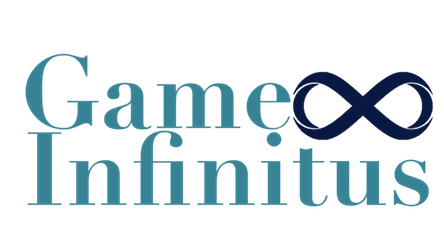Microsoft has confirmed that Quantum Break is slated for a return to Xbox Game Pass, following its temporary removal due to licensing issues. XboxDynasty has reported that Microsoft is working diligently to resolve these issues and reintroduce the game to the subscription service as soon as possible.
Originally, it was believed that Quantum Break would be removed from the Xbox Game Pass on April 15. However, upon further clarification, it was revealed that this date was contingent on the resolution of licensing matters. Should these issues be settled promptly, gamers can expect the title to be available once again on Xbox Game Pass.
Quantum Break, released in 2016, is a science fiction action-adventure third-person shooter video game developed by Remedy Entertainment and published by Microsoft Studios for Windows and Xbox One platforms. The protagonist, Jack Joyce (portrayed by Shawn Ashmore), acquires time manipulation powers following a botched time-machine experiment, leading to a conflict with his former friend Paul Serene over the impending “End of Time.” The game incorporates platform game elements in less action-intensive segments and features “junction points” that influence the outcome. Moreover, it includes episodes of an integrated live-action television show, with the characters’ actions reflecting the player’s choices.
Originally conceived as a sequel to Remedy’s prior game, Alan Wake, the game’s focus shifted to time travel to align with Microsoft’s desire for a new intellectual property centered on interactive storytelling. The development team consulted with scientists to create the game’s fictional science. While the video game component was developed internally by Remedy under the direction of Sam Lake, the television aspect was produced in partnership with Lifeboat Productions and Xbox Entertainment Studios, with Ben Ketai serving as director. The game also stars actors Aidan Gillen and Lance Reddick in crucial roles. Quantum Break utilizes Remedy’s newly developed Northlight engine and a technology called Digital Molecular Matter.


